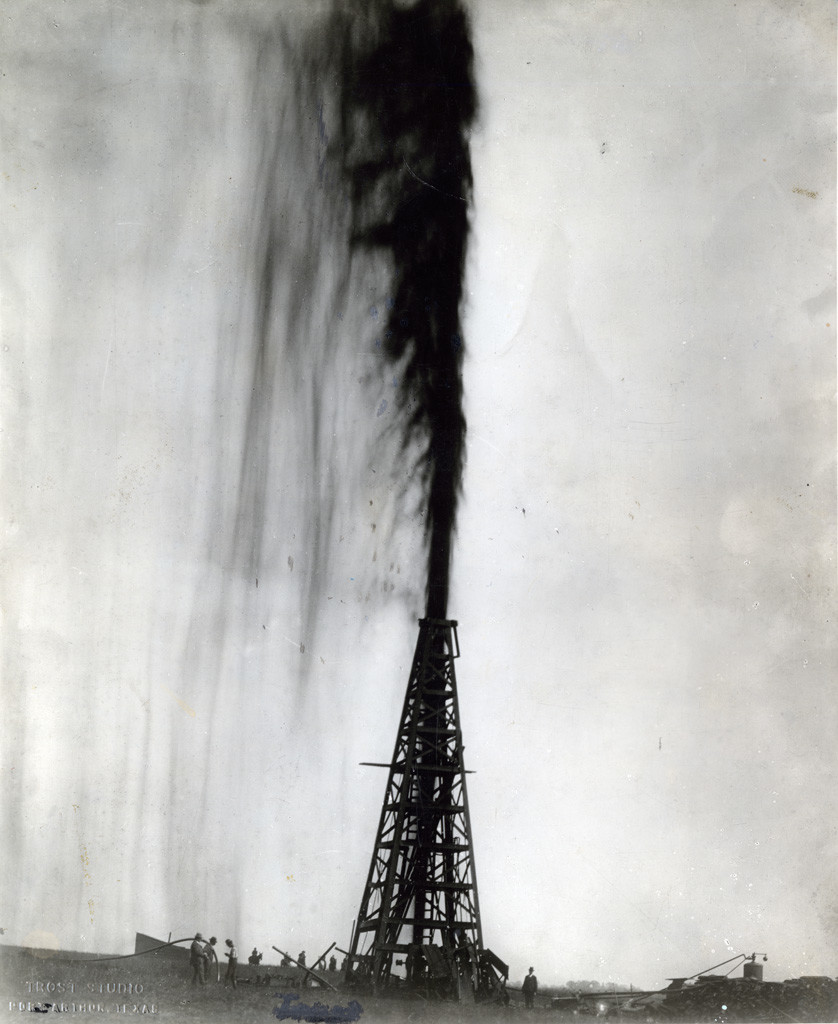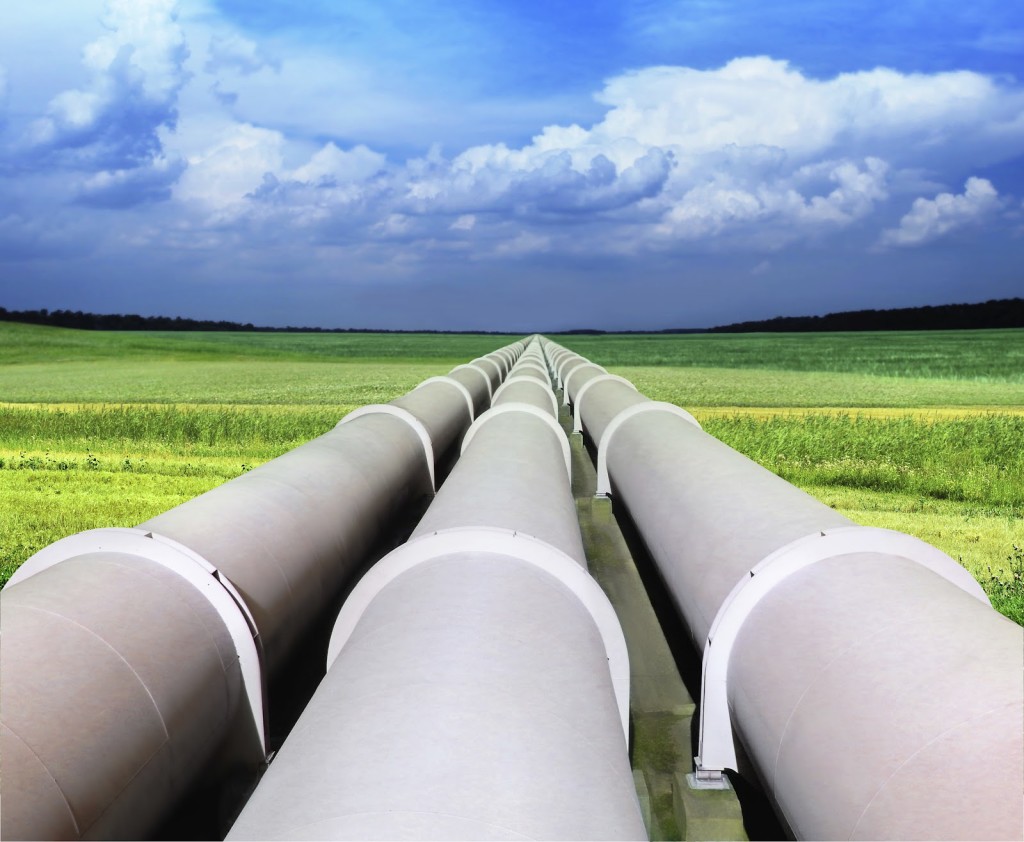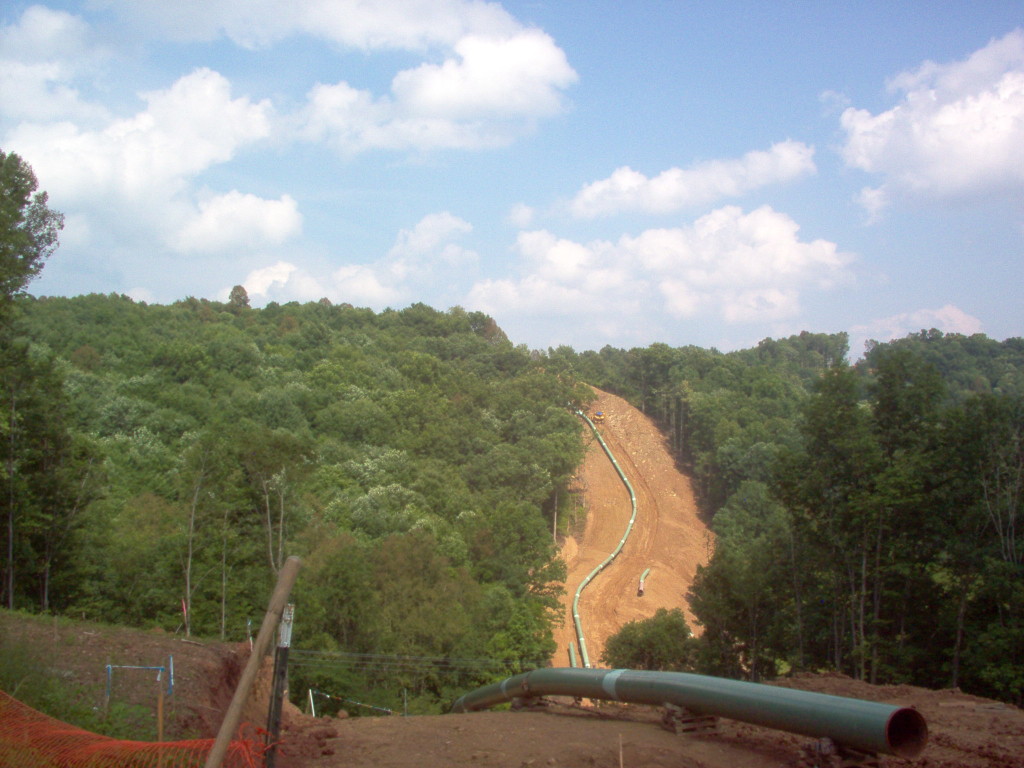We’ve talked about drilling for oil in West Virginia before. The same folks who brought drilling to the Big Injun formation are introducing us to drilling to the Weir Sand formation.
Cunningham Energy has announced that it’s drilling for oil in Kanawha County, WV. It’s currently working on another site in Clay County, WV.
It doesn’t seem like a really good time to be drilling for oil. The Saudis have said they will produce enough to keep up with demand, and American frackers will follow the dictates of the market, so it’s impossible to tell how low oil prices will go.
Cunningham seems to think that their oil will be marketable. They may be right. Getting leases in that part of West Virginia will be cheap, probably in the $100-$300 per acre range when they’re dealing with knowledgeable mineral owners. They’ll be able to pick up leases for $5-$10 per acre from people who don’t take the time to educate themselves about oil and gas. Drilling only 2000 feet down and 4000 feet out will not present any kind of technology challenge. The real trick will be putting systems in place to be efficient.





